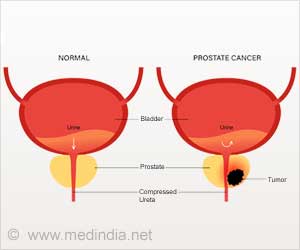Australian scientists are moving closer towards developing a revolutionary 'needle-free' vaccine, which could be swallowed with food rather than being injected.

Marshall and his team will apply for approval to trial their first edible vaccine containing a bug with a flu vaccine attached to it within a year.
"The next step is to submit this data with an application to government bodies like the TGA (Therapeutic Goods Administration) and FDA (Food and Drug Administration) in the US, perhaps, for the next study which would be to put a vaccine into bacteria we have chosen to show we can vaccinate somebody," News.com.au quoted Marshall as saying.
"The next trial will not be a giant study but it may be 30-100 participants," he said.
For the recent trials, Marshall's team of 15 scientists at his biotech company Ondek carried out tests on a group of 30 people in Perth.
They injected five strains of the bacteria Helicobacter pylori - a cancer-causing stomach bug - into five groups of six participants to find out if they would cause any side effects.
Advertisement
The bugs easily infected the trial participants, who suffered none or only minor side effects such as occasional stomach upsets.
Advertisement
The results suggested the bugs were safe for scientists to attach vaccines to for delivery through the wall of the stomach instead of via a syringe.
For the next trials, the scientists plan to give participants one dose of the edible vaccine, possibly in the form of yoghurt, which Marshall believes is ideal for people to eat as a vaccine.
Marshall, who won a Nobel Prize in 2005 for discovering Helicobacter caused stomach ulcers, said there was huge potential for edible vaccines.
They would be an easy way of providing booster vaccines to baby boomers as well as others to fight off hepatitis B, malaria and swine flu.
Source-ANI










